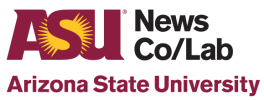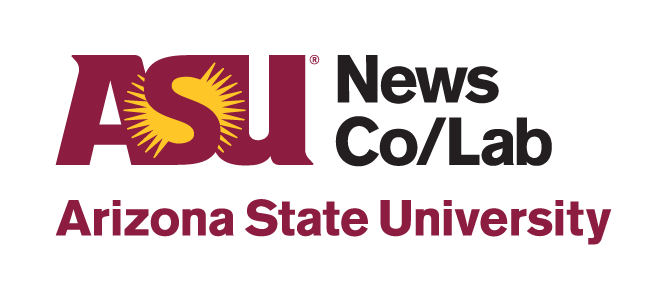
Building news savvy: Best practices
▸Transparency
Youth take over
WHAT IS IT?
Students take over a professional newsroom as part of the annual Projekt Junge Zeitung (Project Young Newspaper). More than 200 high-school and college-aged students in Germany, 16 to 22 years old, spend five months learning about journalism. During evenings and weekends, they prepare for the day they “take over.” Key staff members play supporting roles. The project’s “young newspaper” is published on a Saturday in the place of the newspaper’s regular edition, reaching 100,000 readers.


WHO’S BEHIND IT?
Frankfurter Neue Presse newspaper, based in Frankfurt, hosts the annual “takeover.” Why? To attract readers, interact with young people and recruit future journalists. The World Association of Newspapers and News Publishers (WANIFRA) highlighted and promoted similar projects worldwide with this survey. (In spring 2018 in the United States, San Francisco’s KQED radio held a similar “youth takeover” with students from 10 Bay Area high schools.)
DOES IT WORK?
Students’ interest is growing — from 180 in 2008, when Projekt Junge Zeitung began, to more than 250 in recent years. A third of the students have joined the program more than once. WAN-IFRA highlighted it as one of five projects that promote news literacy. The American Press Institute commissioned WAN-IFRA’s Youth Engagement and News Literacy division to detail the scores of ways newsrooms help people understand how news works by engaging with young people.


HOW TO DO IT
Projekt Junge Zeitung recruits by contacting schools and youth clubs, advertising the project widely and contacting past participants. All students are welcome. Some six to eight companies help sponsor the program with packages ranging from 3,000 to 11,000 Euros. KQED’s version asked students to pitch story ideas. 106 stories were submitted and published to the website, and 16 were aired via radio or podcasts.
Activate the links by clicking to view or download as a PDF

Sayo Akao is a recent graduate from Arizona State University’s Walter Cronkite School of Journalism & Mass Communication. As digital communication specialist in the News Co/Lab, Akao is assisting the team to create positive change in news literacy through a variety of different approaches.

